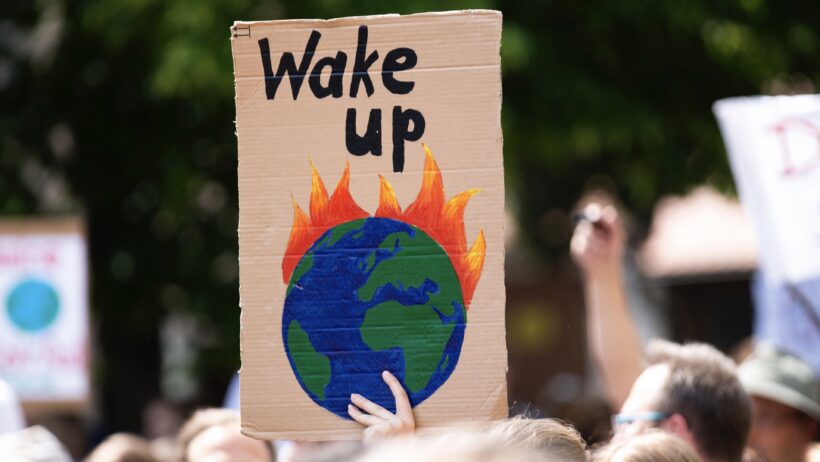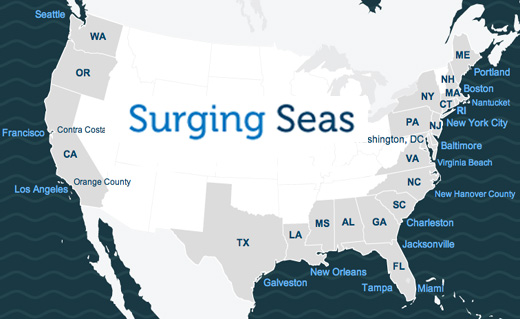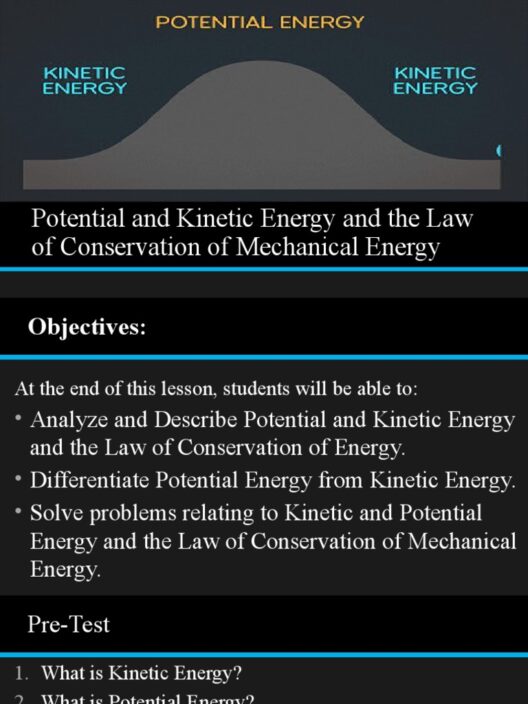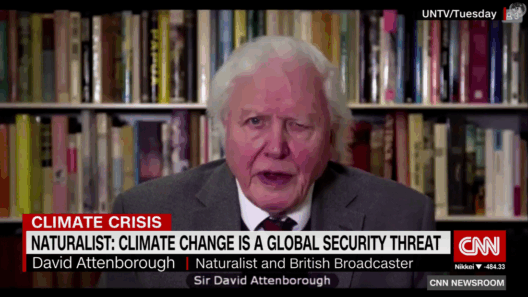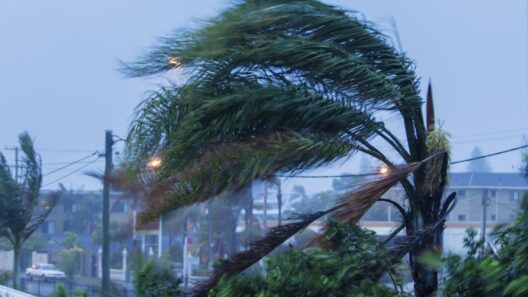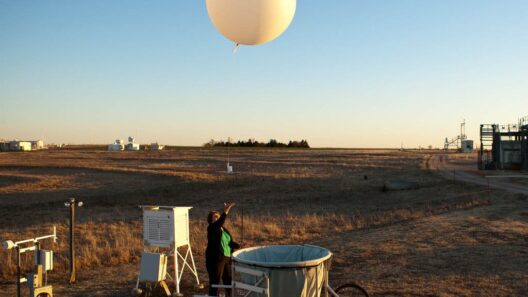The climate crisis is not merely an environmental issue; it reverberates through every facet of our existence. From the air we breathe to the food we eat, the implications of climate change are profound and far-reaching. As the planet warms and weather patterns shift, the very fabric of our societies is altered. This article delves into the multifarious ways the climate crisis impacts various aspects of life, emphasizing the urgency of a collective response.
Firstly, let’s examine health—a fundamental aspect of human life profoundly affected by climate change. Rising temperatures have already begun to exacerbate respiratory ailments, as increased heat enhances the concentration of air pollutants like ground-level ozone. Vulnerable populations, particularly children and the elderly, face heightened risks. Moreover, the proliferation of vector-borne diseases, such as malaria and dengue fever, expands the range of pathogens. Regions once deemed safe are now emerging as hotbeds for such diseases due to warming climates, opening unprecedented public health challenges.
Next, consider the economic ramifications. The World Bank estimates that climate change could push over 100 million people into extreme poverty by 2030. Natural disasters, intensified by climate change, lead to exorbitant recovery costs, displacing communities and dismantling local economies. Agriculture, which relies heavily on stable weather conditions, faces severe threats. Prolonged droughts and erratic rainfall jeopardize food production, ultimately driving up prices and causing food insecurity. As agriculture falters, broader economic repercussions ensue, affecting employment and livelihoods.
Transitioning to the social sphere, climate change serves as a catalyst for exacerbating social inequalities. Marginalized communities disproportionately bear the brunt of environmental degradation and climate-related disasters. This inequity manifests in various ways, including access to resources such as clean water and health care. Displaced by rising sea levels or temperature extremes, climate refugees are increasing, leading to social unrest and potential conflicts over diminishing resources. Addressing climate change, therefore, becomes synonymous with advocating for social justice.
Furthermore, the educational sector cannot remain untouched by climate fluctuations. Climate crises disrupt educational systems by displacing students and teachers alike. Schools serving vulnerable communities often lack the necessary infrastructure to withstand extreme weather events. The result is a cycling of interrupted education, which further impoverishes affected families and regions. If young people cannot pursue their studies adequately, the entire trajectory of future generations will be compromised, hindering societal progress and innovation.
In the realm of personal finance, individuals are increasingly confronted with climate considerations. Homeowners may face soaring insurance premiums as property values decline in disaster-prone areas. The concept of “climate risk” has emerged in real estate, with buyers now scrutinizing how location may be affected by climate events. Investments are reevaluated based on a company’s environmental footprint. Sustainable and ethical investing has gained traction, as consumers seek to align their portfolios with their values. The climate crisis necessitates a recalibration of personal finance strategies, compelling people to consider longer-term survivability and sustainability.
The psychological effects tied to climate change are equally alarming. An increasing number of individuals report climate anxiety—a profound sense of helplessness and worry about the future of the planet. This mental burden can lead to chronic stress, depressive symptoms, and a sense of despair, particularly among younger generations who are aware of their looming future. Acknowledging and addressing the mental health impacts associated with climate change is paramount—not solely for personal well-being, but also for fostering a collective movement toward change.
Furthermore, the arts and culture sector reflects a growing consciousness regarding climate issues. Artists, filmmakers, and writers are increasingly using their platforms to convey the urgency of climate action. By intertwining creativity with activism, cultural narratives provide visceral connections to the abstract statistics surrounding climate change. This fusion of art and activism seeks to rouse public sentiment and prompt decisive action against climate degradation. Cultural expressions anchored in social and environmental consciousness play a pivotal role in galvanizing communities and fostering empathy.
On a more systemic level, the crisis challenges governance structures and necessitates collaborative efforts at all levels—local, national, and international. Policymakers must devise innovative solutions that not only mitigate climate change but also adapt to its inevitable impacts. Legislation aimed at reducing carbon emissions, investing in renewable energy, and promoting sustainability is essential. Initiatives like the Green New Deal aim to transition economies towards sustainable practices while ensuring job creation and economic resilience. It is imperative that citizens hold governments accountable, advocating for actionable policies that align with scientific consensus.
In summation, the climate crisis is a multifaceted dilemma with ramifications stretching far beyond environmental degradation. Its consequences permeate our health, economy, social structures, education, personal finance, psychology, culture, and governance. Each aspect is interconnected, creating a web of challenges that necessitates a holistic response. The urgency to act cannot be overstated. The time to engage, advocate, and innovate is now, not only for ourselves but for future generations. Every effort counts, and as stewards of the planet, collective action is our most potent tool in combating the climate crisis.



